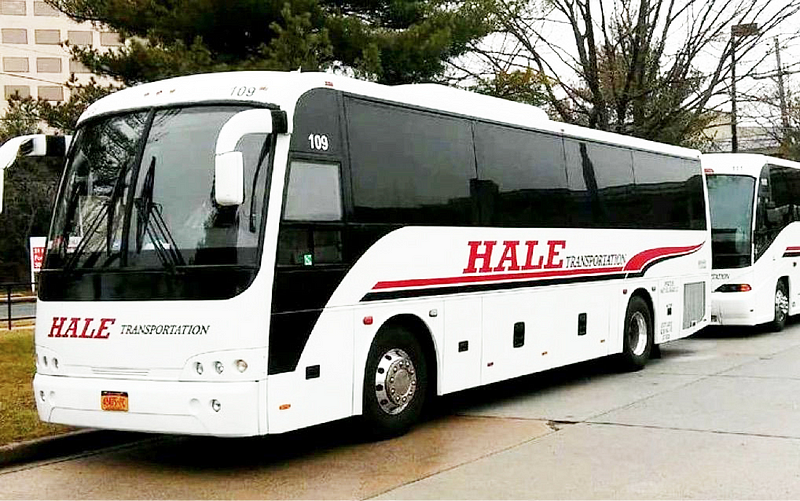
On Tuesday, Feb. 25, Hamilton’s Transportation Office informed the student body of a change to the Late Night Jitney guest policy. Previously, Hamilton students could bring guests onto the Late Night Jitney into Clinton, provided that both parties were over 21. Hamilton students needed a gold-starred Hill Card and their guests needed a valid state ID. The new policy no longer allows guests to travel into Clinton, and only allows guest riders on Jitneys traveling back up the hill.
Campus Safety determined that a number of students identified themselves as Hamilton “guests” to board the Jitney on campus, typically by using fake IDs to increase their age. Jitney monitors noticed that the same individuals posed as both 21-or-older “guests” and under-21 Hamilton students, switching their role depending on the direction of the ride.
Director of Campus Safety, Francis Coots, viewed the policy change as important to honor the purpose of the Late Night Jitney service. “It’s made for people who are 21 years of age or over,” he emphasized. “We think it’s appropriate that we maintain the integrity of the system. We didn’t want to penalize 21-year olds by saying that no one can go downtown anymore.” Focusing on the gold-starred Hill Card makes conforming to the new rule simple for students who are of age and very difficult for those who are not.
Guests and students under-21 can use the Late Night Jitney service running back up the hill. Coots described this exception as being guided primarily by safety concerns. “We’d rather have [students] come back to their residence halls safely than have them walking up the hill — it’s a long walk,” he said. “And if you’ve had too much to drink it’s even longer, and if it’s cold it’s incredibly long.”
At last Monday’s Student Assembly meeting, Director of Student Activities Nicolle Niznik brought up not only the guest policy change but also other recent issues with the Late Night Jitney. A student was seen smoking marijuana in the van, and several others have thrown up, likely due to alcohol consumption. While students with fake IDs may or may not have perpetrated these incidents, they represent some of the difficulties faced by staff who run the Late Night Jitney, and some of the inconveniences for those who use the service legitimately.
Coots also touched on the prevalence of fake IDs on campus and explained his feelings on the topic. “I am fairly confident when I say that most students on this campus — and it’s not just Hamilton, it’s pervasive across the country — have fake IDs, because they’re so easy to get,” he stated. In addition to stressing the risks associated with sending one’s personal data out to an unknown manufacturer, Coots also attempted to put the situation into perspective. “I see a lot of people that get caught with fake IDs for various reasons, I talk to each one of them personally. And I express to them that it’s just not worth it,” he said. “Just for a beer? Think of the long-term consequences if caught with that.”
The previous Late Night Jitney guest policy language had explicitly stipulated that such a change could be made in response to transgressions, such that “if this policy is abused (i.e. current students using fake IDs to pose as guests), we will no longer allow guests to ride.”

















